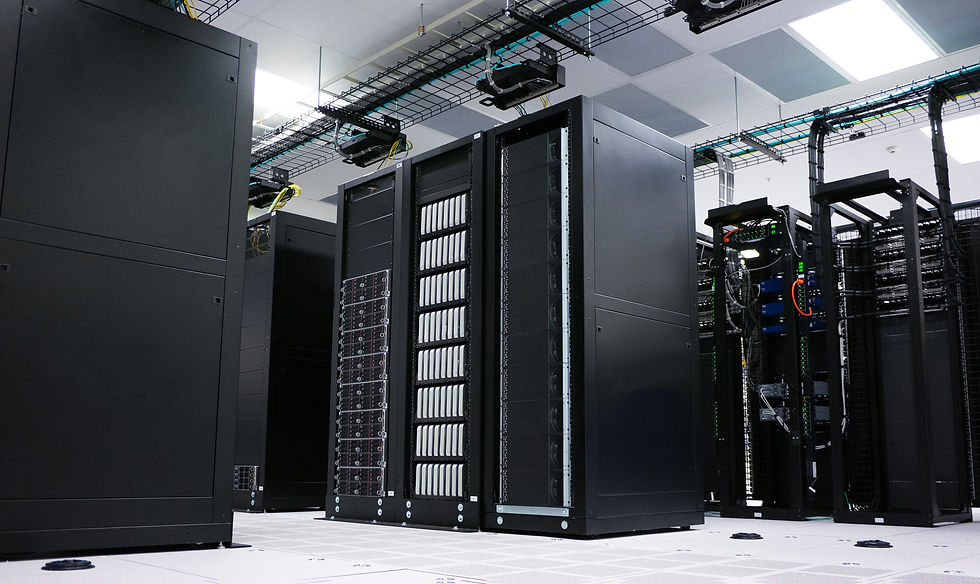Understanding the Different Types of Industrial Real Estate
- E.R.Cornwell

- Mar 30, 2023
- 3 min read
Industrial real estate is a vast and diverse asset category that includes a wide range of property types. Understanding these different types of buildings and uses can help investors, tenants, and developers make informed decisions about buying, leasing, or developing industrial properties. In this article, we will endeavor to explore some of the most common types of industrial real estate.

Warehouses and distribution centers (DC's) are the most common type of industrial real estate. These properties are used for storing and distributing (typically) dry goods and products - think pencils, pool supples, marble, etc. Warehouses can range from small storage spaces of 1,000 square feet to massive distribution centers that span millions of square feet. Some general warehouses may be equipped with typical features such as loading docks, overhead doors, ceilings up to 36' high, and a limited amount of office for the operations.

Manufacturing facilities are used for the production of the goods and products that are stored in warehouses. These properties typically have specialized features such as heavy-duty flooring, higher utility supply for the use - i.e. additional power supply, higher water flows. Some manufacturing facilities may also include a larger amount of administrative and office space for management and support staff because of the higher intensity of operations that take place in these locations versus warehouse / distribution centers.

Flex space is a type of industrial property that combines warehouse, manufacturing, and office space in a single facility. These properties are designed to be flexible and adaptable, allowing tenants to customize the space to meet their specific needs. Flex space is ideal for companies that require both warehouse and office space, such as light manufacturers, tech companies, and research and development firms. An example of this would be small pharmaceutical company that needs a lab to develop a product, and a small warehouse to produce and ship the product, then an area for administration and business operations.

Cold storage facilities are used for the storage and distribution of perishable goods such as food, pharmaceuticals, and other temperature-sensitive products. These properties are typically equipped with refrigeration systems, specialized loading docks to reduce the amount of outside air from getting into the building, and other features to maintain specific temperature and humidity levels. Although highly specialized, owning these assets as a landlord can be expensive if the maintenance of the operational systems is not clearly defined.

Data centers have been an explosive category in recent past with the requirements for cloud-based computer applications. These facilities are industrial properties that have been equipped with higher power supply, high-speed internet connectivity, redundant power and cooling systems, as well as physical plan security features to protect the data housed at the location. Amazon, for example, has 125 of these sites around the world to run their AWS globally - each one having all of these requirements and other to protect their business and those they support.

Research and development facilities are industrial properties used for scientific research and development. These properties typically include specialized features such as laboratories, cleanrooms, and other equipment to support research and development activities. Tenants typically lease these facilities in waves as products are developed and tested, making ownership of theses assets potentially more risky due to the potential short-term nature of a lease with a developing company and the high expense of building out the labs.
In conclusion, industrial real estate is a vast and diverse category that includes many different types of properties. Understanding the different types of assets is where investors and tenants can make money, or negotiate the best opportunities. We help landlords, investors, and tenants every day find the right asset for each need. Reach out to us today for a discussion on your needs.



Comments